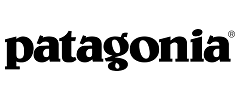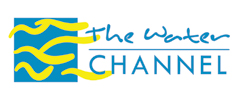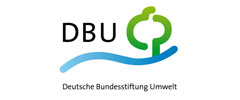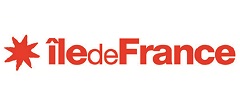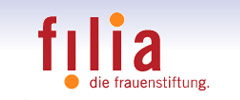New publication – European Sanitation Policies and Practices in the International Year of Sanitation 2008
Finding solutions for more than 20 million citizens of the European Union
18.07.2008 |Sascha Gabizon

The results of this debate are now published and available for download from the WECF website see the publication "European Sanitation Policies and Practices in the International Year of Sanitation 2008"
WECF had initiated the high level debate to draw attention to the fact that in European member states children are at risk of blue baby disease, hepatitis-A and gastrointestinal diseases due to unsafe sanitation.
The European Commission believes that more than 20 million citizens in the European Union do not have access to safe sanitation.
The conference showed that the new member states focus on achieving the acquis communitaire, and since rural sanitation is not specifically identified in the EU directives, often new MS have no resources left to allocate to this issue. On the other hand, the Commission sees this as a problem which needs to be solved at national level. Participants proposed that the Commission could publish guidelines on best practices for solving Europe’s sanitation problem. The World Health Organisation sees the need for implementation of the “Water and Health Protocol” to allow integration of actions from all ministries and directorate generals.
The Finish minister of environment promoted a regulation like in Finland on the treatment of waste water from individual households, currently not covered by EU directives, and gave the example of modern dry toilets as one of many solutions. Various experts gave examples of a number of technical solutions for safe, sustainable, affordable and decentralized sanitation and waste water systems.
Some also gave examples of barriers in national and local legislation and codes.
For example some German households which invested in an efficient, ecological waste water system, are forced by the regional utility to connect to the sewarage system.
Examples from Slovakia and Bulgaria showed that well functioning decentralised systems cost less than centralized ones and provide good quality sanitation and waste water treatment.
Members of the European Parliament from Romania and Finland committed to address the European Sanitation Problem at national and European level.
WECF calculated that based on sustainable dry sanitation systems demonstrationed in Romania and Bulgaria, comfortable indoor bathrooms with toilets for households would cost 600 euro per household. Therefore, if all households without access to safe sanitation obtained such systems, less than 480 million Euro would be needed for an immediate solution. Compared to the total budget of more than 3 billion euro of EU structural funds, the financial aspect should and can not be a barrier.














